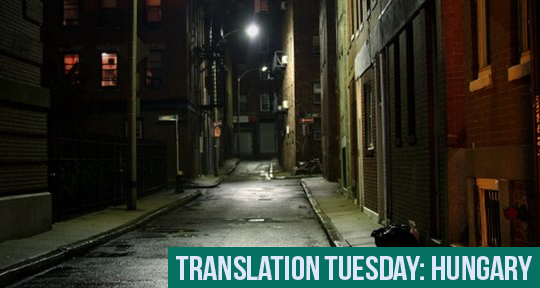This month, our editors feature three titles that showcase what’s possible when a writer fully showcases a firm and brilliant insight into their reality. From a collection of short stories that investigate the violence of Latin American society, to a multifaceted depiction of colonial Mozambique, to essays that focus on the intimate dailyness of human lives in twentieth-century China, these works educate, provoke, and enthrall. Read on to find out more!

Human Sacrifices by María Fernanda Ampuero, translated from the Spanish by Frances Riddle, The Feminist Press, 2023
Review by Rubén Lopez, Editor-at-Large for Central America
In Human Sacrifices, a collection of short stories, María Fernanda Ampuero traces the deterioration of individuals who have survived an overwhelmingly violent reality. With guts, blood, and a dense anger, she escorts us to a precipice with each story, strips us naked, and delivers us to a place where the wounds of Latin American are made real, and thus can be dissected. Published by Editorial Páginas de Espuma in 2021 and now appearing in English translation by Frances Riddle, the collection contains twelve stories that question our reality as one occasionally resembling more a traitorous deception.
The stories in Human Sacrifices are profoundly Latin American, but more specifically, they describe the experience of vulnerable Latin American women: a unique kind of hell. Gendered violence is present in almost all the narratives—a bone that vertebrates the monster: “Desperate women,” states one of the protagonists, “serve as meat for the grinder. Immigrant women are bones to be pulverized into animal fodder.” The opening story, “Biography,” is perhaps the most intimate, narrating in first person the terror of being a migrant woman in a foreign country. The narrative implants the dehumanizing panic of crossing invisible borders in pursuit of a less harsh horizon, as well as the fear of becoming an anonymous number, a disappeared woman, a name written on a wall. As the narrator states: “I remember someone once told me that the stars we see have been dead for a long time, and I think that maybe the disappeared women might also shine on like that, with that same blinding light, making it easier to find them.”








